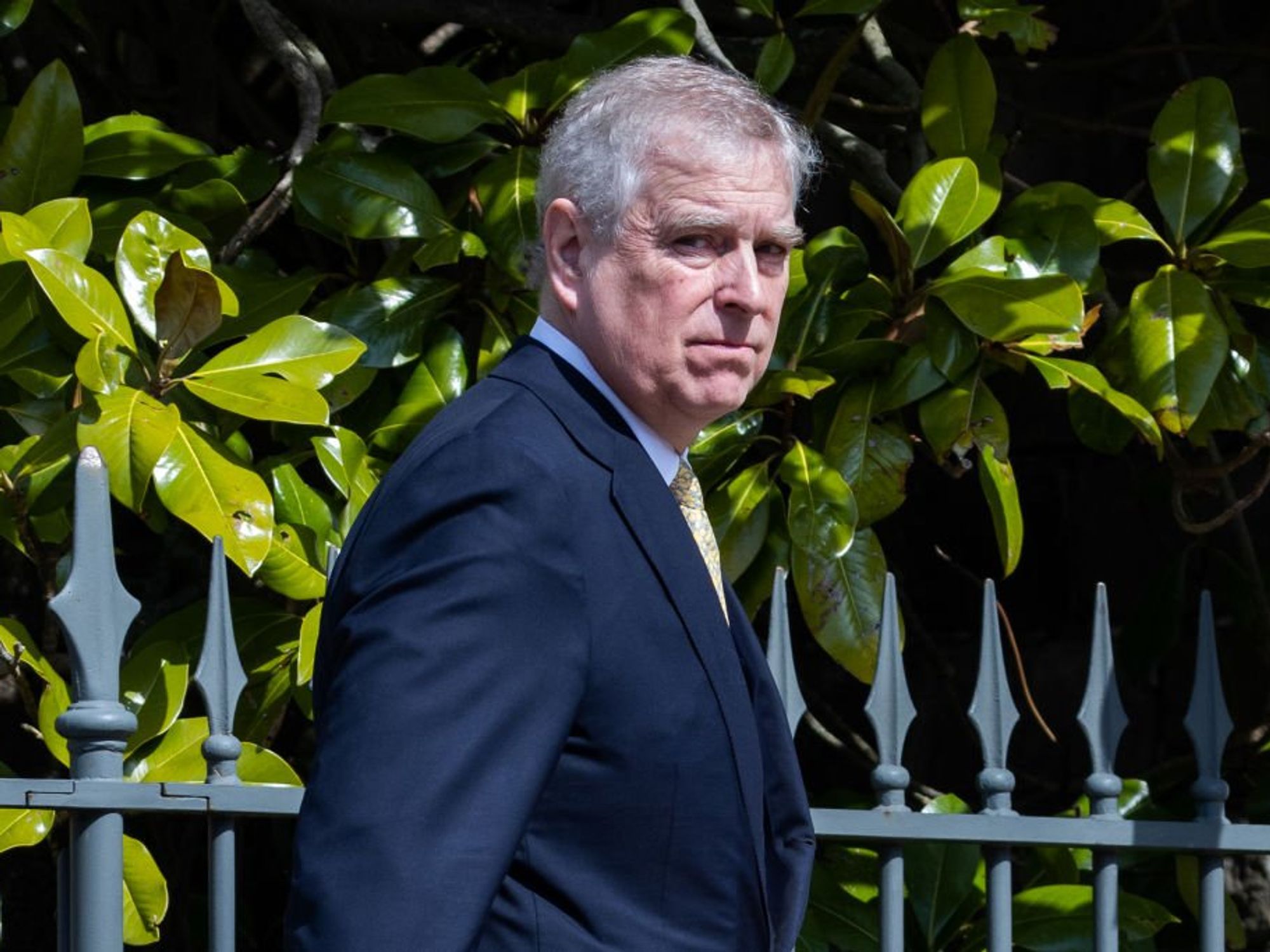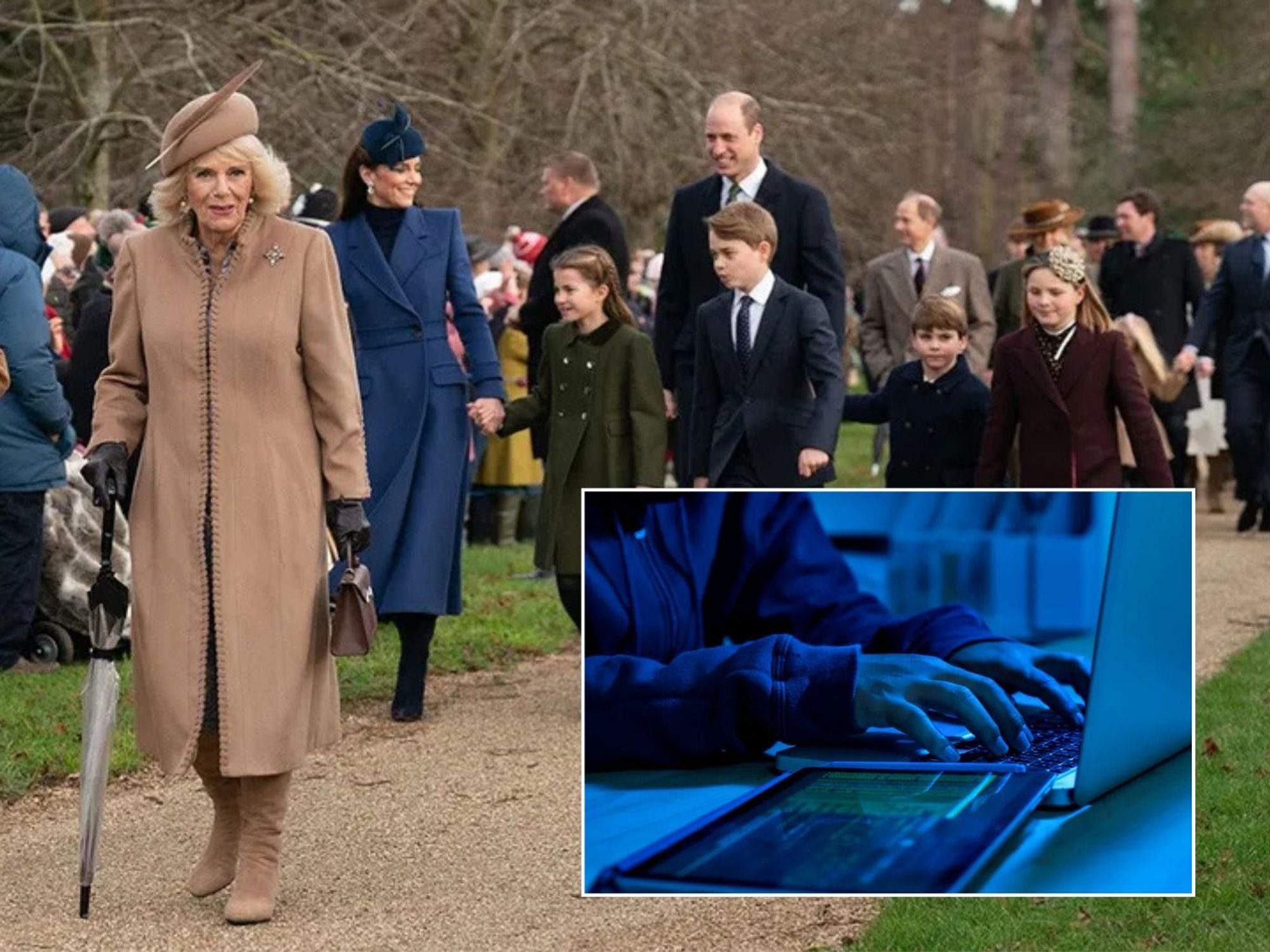International Women’s Day: Headteachers call for action over gender pay gap
On Friday, the Department for Education said that the statutory minimum pay for new teachers should rise by 8.9% in September and by a further 7.1% the following year
Don't Miss
Most Read
Latest
School leaders have warned that action must be taken to stop the pay gap between male and female headteachers from widening.
On Tuesday, International Women’s Day (IWD), Paul Whiteman, general secretary of the NAHT school leaders’ union, said that IWD served as a reminder that “we still have a very long way to go when it comes to tackling inequity”.
“School leadership pay has been eroded for everyone over the last decade, but for women there has been a ‘double hit’ due to continued disparity in the system,” he said.
“Worryingly, there is evidence to suggest that the pay gap between men and women in school leadership has actually worsened over the last decade.”
Mr Whiteman pointed to recent analysis by NAHT with WomenEd revealing that the difference between male and female headteachers’ average pay across all state-funded nursery and primary schools had increased by nearly £1,000.
The gap had widened from an average of £1,878 in 2010/11 to £2,834 in 2020/21, while in secondary schools the pay gap had also increased over the last 10 years, peaking in 2019/20 at an average gap of £2,917.
Mr Whiteman also highlighted recent school workforce statistics showing that men earned 2.4% more on average at classroom teacher level than women, and a “staggering” 12% more at headteacher level than women.
He said that although women made up the majority of the teacher workforce, they remained “under-represented” when it came to positions in senior leadership, with one in four primary heads being male, despite only one in eight primary teachers being men.
This was also true in secondary schools, with just 34% of classroom teachers being men while they made up 60% of headteachers.
Mr Whiteman said: “We have identified several factors that could be contributing to the gap in pay, including the under-representation of women in senior leadership positions, the impact of the education pay framework and performance-related pay, and the fact that women are more likely to manage caring responsibilities in family life with a negative impact on pay and career progression.
“To make progress, we need to frame the issue in a way that fosters a culture of change at all levels. We have highlighted the pay gap in order to continue a much-needed conversation, helping to empower women leaders everywhere, and use our platform to press for the changes in the system that are sorely needed.”
On Friday, the Department for Education said that the statutory minimum pay for new teachers should rise by 8.9% in September and by a further 7.1% the following year.
This would take starting salaries up to £30,000 by 2023, but more senior teachers and school leaders would get a pay increase of 3% in 2022-23, and 2% in 2023-24.











